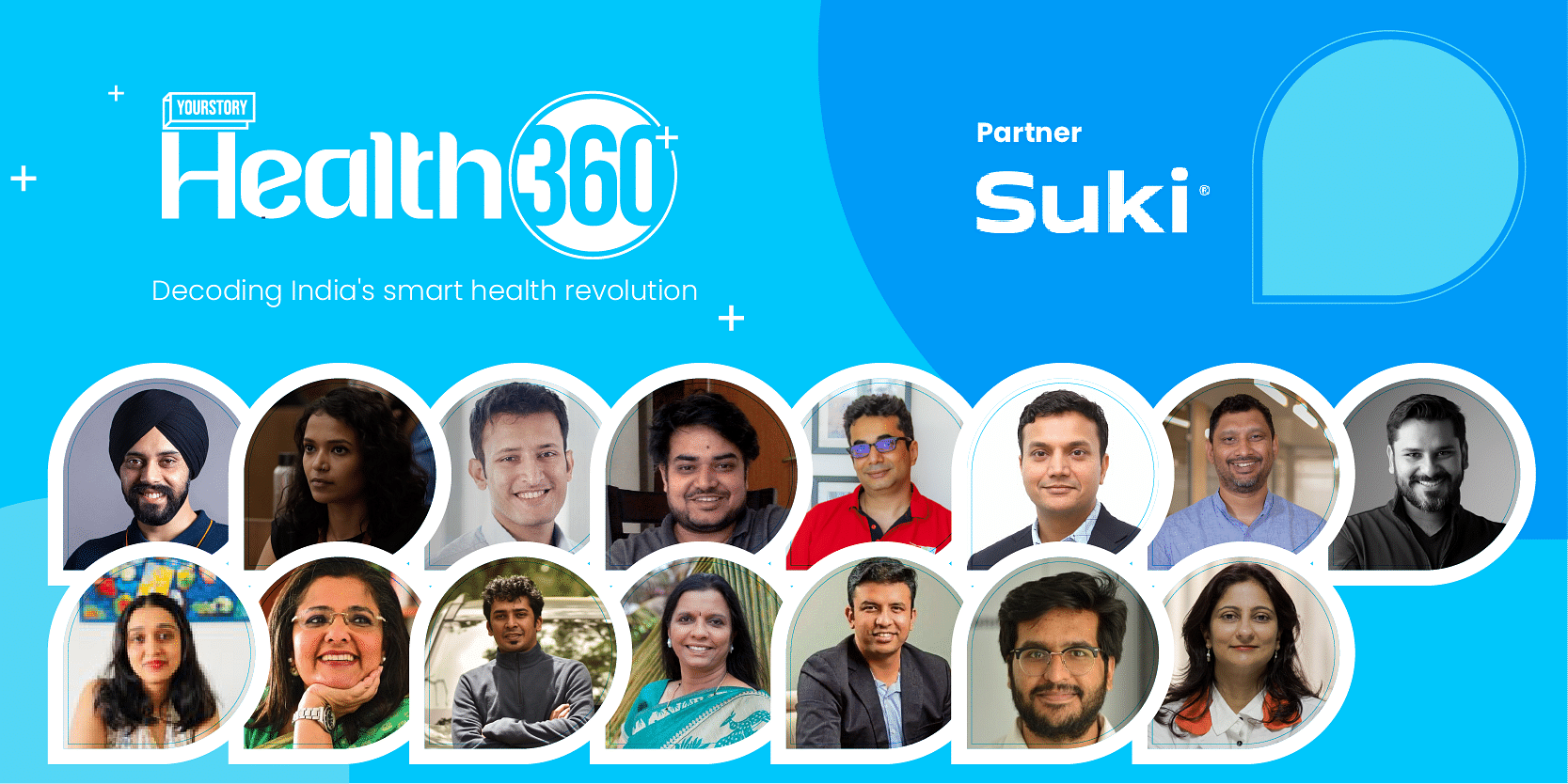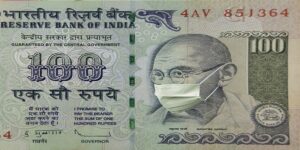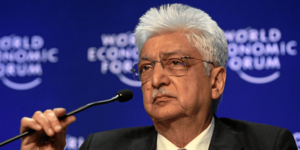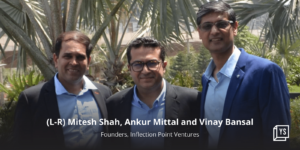India is truly undergoing a smart health revolution. From artificial intelligence and machine learning solutions to bio-markers, urban health initiatives and health accessibility, YourStory’s Health 360 summit delved deep into smart trends defining new-age healthcare in India.
The summit brought together leaders, policymakers, entrepreneurs, and healthtech enthusiasts from India’s healthcare industry. The conclave was attended by speakers including Anu Acharya, CEO of Mapmygenome India—a genomics company; Dr Geetha Manjunath, Founder and CEO of Niramai Health Analytix; Dr Taslimarif Saiyed, CEO and Director of C-CAMP; Shashank ND, Founder and CEO at Practo; Tushar Vashisht, Co-founder and CEO of HealthifyMe; and Vishal Gondal, Founder and CEO of GOQii.
COVID-19 impact
The pandemic has made the entire world realise the importance of healthcare. Many companies, including newly-formed startups, are working to help improve the healthcare system in India. Even hospitals are leveraging technology to provide customer-centric solutions.
In 2013, Anu introduced the concept of improved healthcare through personal genomics in India. She said at the summit,
“There is nothing that is more concrete or more unique to me than my genetic information. It becomes a lot easier for a hospital to use the genetic information of an individual in personalising the process for them, rather than taking the one-size-fits-all approach.”
While the healthcare ecosystem has grown in the last few years, accessibility and affordability still need work. While there are more digital health devices and platforms than ever before, can these digital solutions drive the next wave of health consciousness?
“COVID-19 has accelerated the adoption of digital health in a massive way,” Vishal says, adding that people are suddenly aware of health parameters, which nobody had thought about, and now, terms like SpO2 and respiratory rate are now household names.
“We realised that the quality and accuracy of data and accuracy play a very important role and consumers do care about it. Everybody wanted to know what that data mean for them, which is why teleconsultation and services like health coaching, also get a lot of traction,” Vishal elaborated.
He believes, “What demonetisation did to digital payments in the country, COVID-19 did for healthcare and specifically for remote health and remote patient management, which is really what has created the demand as well as the adoption of a lot of things which we are all developing today.”
Digital healthcare
Moreover, India’s immense socio-economic, ethnic, epidemiological and demographic diversity creates fertile ground for innovation, and this holds true in the healthcare sector. Prioritising impactful innovation in healthcare could result in more convenient, more effective, and less expensive treatments for today’s environments.
Dr Taslimarif says India has a rainbow of healthcare delivery. “In India, we may not be able to change the trajectory of healthcare delivery overnight, but we can have innovations and technology as a letteral entry, which can then change the trajectory of public health and healthcare delivery.”
Talking about fresh ideas in the Indian healthcare sector, Practo, which was one of the first players to offer services like online doctor consultation, has come a long way, with many other firms expanding the space.
“Every journey has its ups and downs; ours has been a 14-year one. For us, it has never been about one company, it has always been about a movement, and the movement for us was digital health,” Shashank said, adding that the sector needs more companies as the penetration of digital healthcare is still in the single digits. He believes, “It’s really important that we have a thriving digital health ecosystem.”
“With each startup, there’s more innovation that comes into the sector and it pushes the boundaries of what digital health can really do for the country,” Shashank said.
One of the companies pushing the envelope in the digital health sector is Niramai Health Analytix. Founded by Dr Geetha, the firm is developing a novel solution for detecting early-stage breast cancer using machine learning.
Dr Geetha says she is a techie at heart and mind, and always wanted to see how tech can enable solutions on the ground which can help people one way or the other. She has built products with the core focus of technology from day one.
“The gap in technology-enabled solutions in countries like India, particularly for screening, and especially for disease like cancer, where early-detection is so critical to saving lives, is evident. I thought technology can enable a solution to bridge this gap,” Dr Geetha said, adding, “Brest cancer is a greater problem for India as we do not have a systematic screening programme.”
“AI-based solutions can try to predict something that is going to happen in the future,” she noted, adding that machine learning and data-based analytics can help predict the health status of a person, especially if it is going to be more critical in the future, helping them take proactive actions.
Eat right
Another aspect of human health is metabolic health, which can help us live better lives in the contemporary world.
Tushar explained that metabolic health is about understanding what an individual eats and how they burn it. “The way our bodies are designed due to evolution is to maximise energy consumption and storage. We are very efficient engines,” he added.
He further shares that a human body’s balance was designed for an environment where we had less food and had to exercise a lot. In today’s lifestyle, things have changed and as a result, our bodies tend to absorb all the energy that we don’t end up burning, leading to obesity and other lifestyle conditions or metabolic syndromes like diabetes, hypertension, cholesterol, and thyroid.
“Today there are ten times more people that die because of over-nutrition and obesity than die because of malnutrition. So, what we are suffering as human civilisation, since the first time we roamed this earth is this problem of over-nutrition,” Tushar said. “The greatest threat to metabolic health is the easy availability and access, and increasing the affordability towards high-energy food items.”










